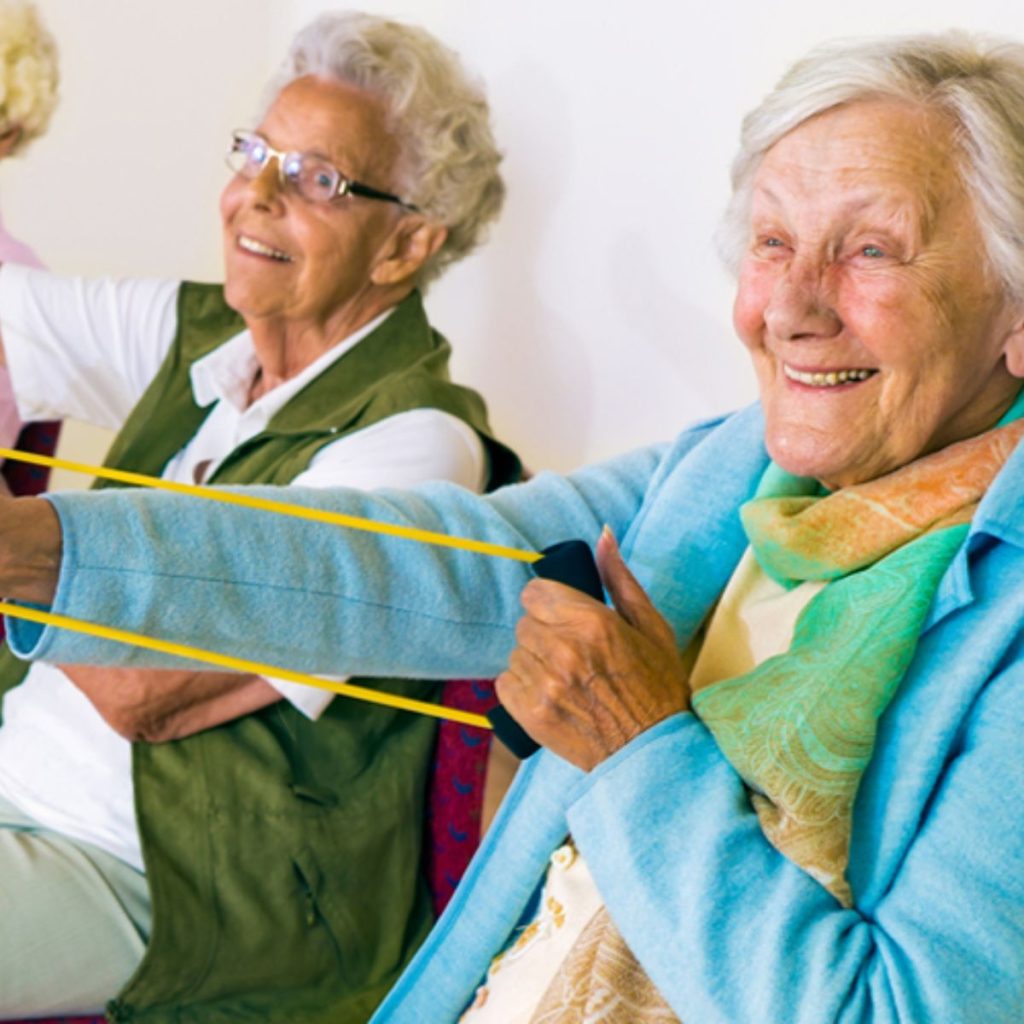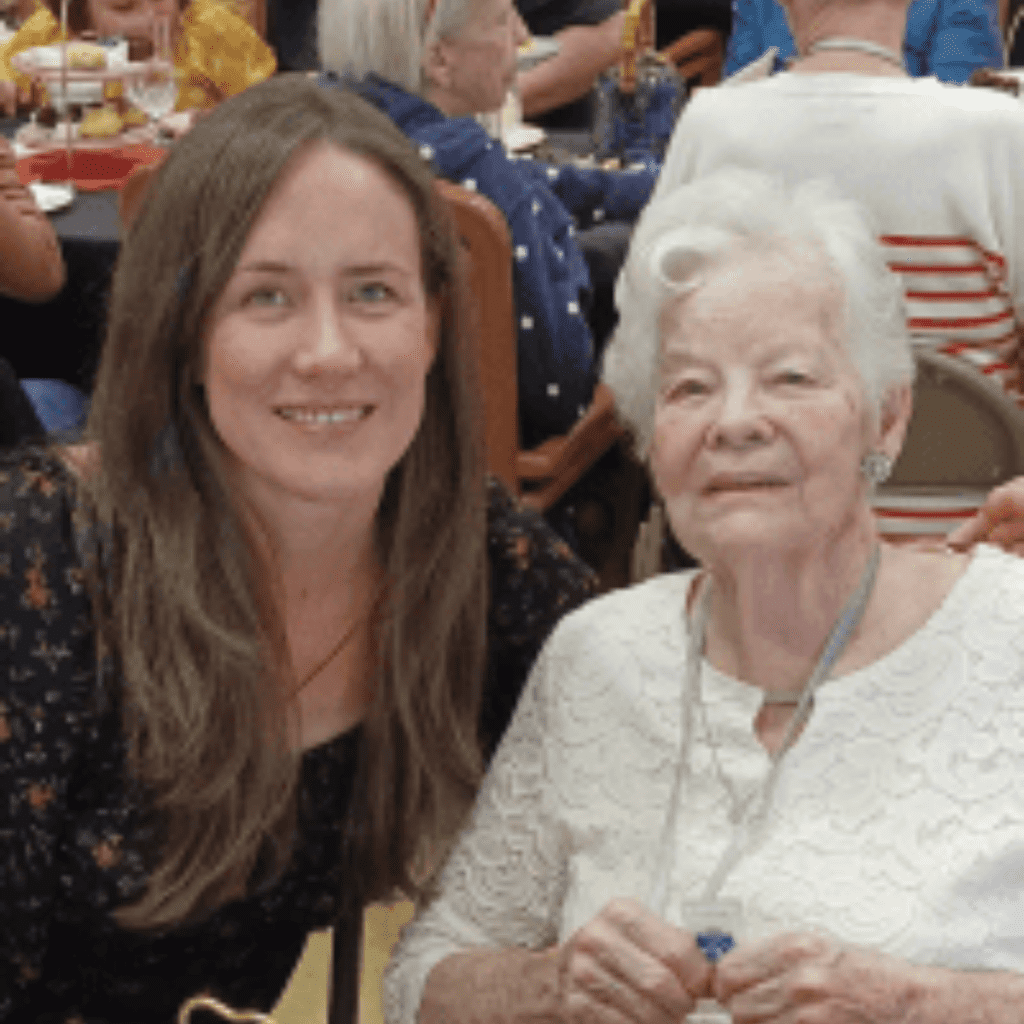We all wonder what the future holds, especially for those we love. As our loved ones approach retirement age, it may be hard to picture them anywhere else other than their home. While many older adults thrive for years on their own after they’ve left the workforce, others may need additional support as they age. While it may seem ideal to remain at home, it’s important to consider how an assisted living community can benefit older adults’ physical and mental health.
Exploring these options now can ensure you have a plan if your loved ones want to choose an environment that offers support in their changing personal needs. Let’s discuss the signs that an assisted living community may be needed and the many benefits available.
Is it Time to Consider Assisted Living?
Your loved one can benefit from assisted living at any age. However, it’s most common for older adults to move into a supportive community when they find that daily routines are becoming a challenge.
Keeping a close eye on activities of daily living (ADLs) is a great way to assess loved ones’ abilities to care for themselves. ADLs required for good hygiene along with personal and safety needs include:
- Bathing
- Getting dressed
- Cooking meals
- Walking up and down stairs
- Going to the bathroom independently
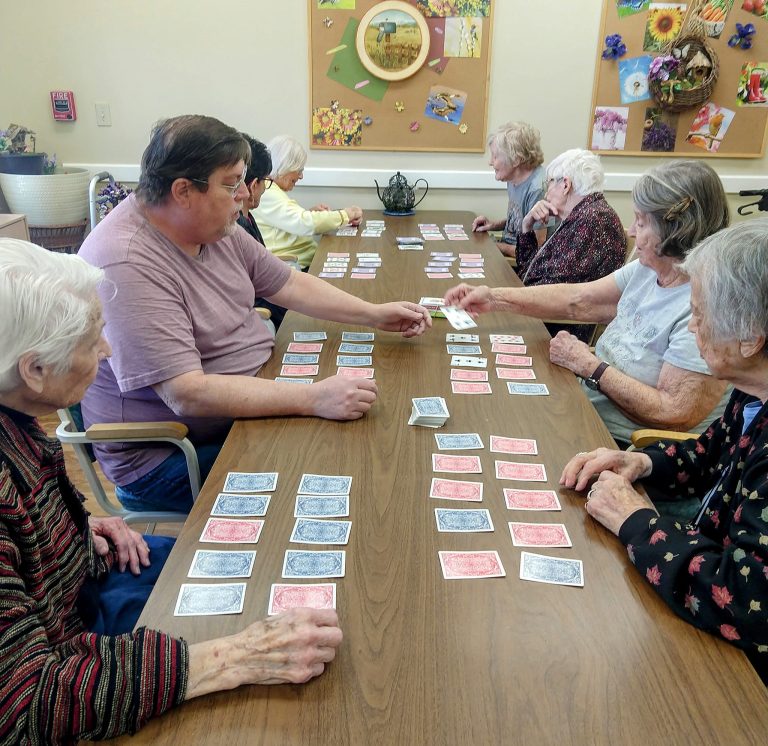 Over time, it is normal to notice that older adults are needing more time to finish these everyday tasks. However, observing changes in their routine can be helpful. Is your loved one neglecting their personal appearance or becoming frustrated with normal tasks? Maybe a nagging physical problem is keeping them from cleaning or using the stairs. Perhaps there is hesitancy around driving or using appliances like the stove. Choosing assisted living ensures that your loved ones receive help so they can better enjoy and remain safe in their daily lives.
Over time, it is normal to notice that older adults are needing more time to finish these everyday tasks. However, observing changes in their routine can be helpful. Is your loved one neglecting their personal appearance or becoming frustrated with normal tasks? Maybe a nagging physical problem is keeping them from cleaning or using the stairs. Perhaps there is hesitancy around driving or using appliances like the stove. Choosing assisted living ensures that your loved ones receive help so they can better enjoy and remain safe in their daily lives.
Being aware of your loved ones’ emotional states can also help discern whether they might need the extra care of an assisted living community. Whether they live on their own or with another person, older adults can develop symptoms of loneliness during the later stages of life, especially as friends pass away and the ability to get around becomes limited. Among U.S. adults 65 and older, almost 25% are socially isolated, which can increase the risk of:
- Dementia
- Heart disease
- Stroke
- Depression
- Anxiety
Assisted living communities can alleviate these risks by providing social connections and appropriate assistance that supports mental health. Assisted living might be a good next step if you notice signs of loneliness or sadness in your loved ones.
What is an Assisted Living Community?
Assisted living is an apartment-style residency option for older adults who could benefit from daily help with routines and social connection. These communities provide round-the-clock care for residents while allowing them to remain as independent as possible. Opportunities to connect with neighbors in the community and frequent family visits help promote an engaged social life and better mental health.
At Cappella Pueblo West we offer residents an opportunity to enjoy less stressful living while remaining as independent as possible. Typical amenities and services may include:
- Meals
- Housekeeping
- Transportation
- Assistance with daily activities
- Regular apartment maintenance
- Opportunities for socializing
Assisted living communities provide these services and benefits consistently to ensure the residents’ living situations are comfortable, enjoyable and life-enriching. Residents can participate in their favorite activities without the frustration and hassle of completing daily tasks. It can be an ideal home environment for many older adults and can provide family members with peace of mind.
Benefits of Assisted Living
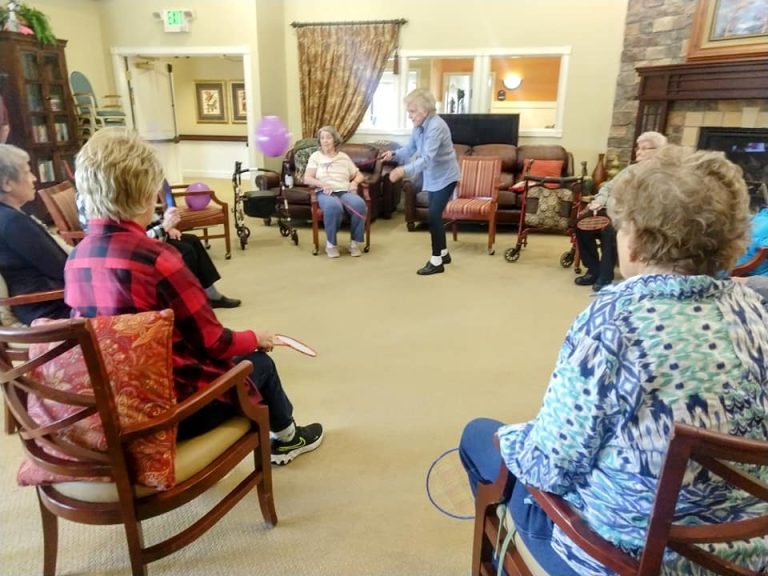 Assisted living helps make your loved ones’ lives easier as they explore new growth opportunities, but you may discover advantages and disadvantages based on their needs. It is essential to discuss their comfort with the community and the services available to assess how they may or may not benefit from the assisted living environment. Here are several widely touted benefits:
Assisted living helps make your loved ones’ lives easier as they explore new growth opportunities, but you may discover advantages and disadvantages based on their needs. It is essential to discuss their comfort with the community and the services available to assess how they may or may not benefit from the assisted living environment. Here are several widely touted benefits:
- Opportunities for Physical Activity
Cappella Pueblo West community prioritize residents’ physical health. With the help of community team members, ADLs are easier to complete so that residents can get back to doing what they love most. Whether they enjoy outdoor hobbies or activities where they work with their hands, residents can participate in numerous physically stimulating opportunities around the community.
Many communities schedule weekly physical activities such as walking trips, fitness classes, dancing lessons and sports games. Those who prefer to exercise outdoors may workout utilizing community gardens and walking paths.
- Assistance with ADLs
If your loved one requires help with activities of daily living, an assisted living community could be an ideal solution. It’s also essential that the level of assistance received is appropriate for their needs while helping them maintain their independence. Assisted living is one of the best ways to find and keep that healthy balance.
- Increased Social Interaction
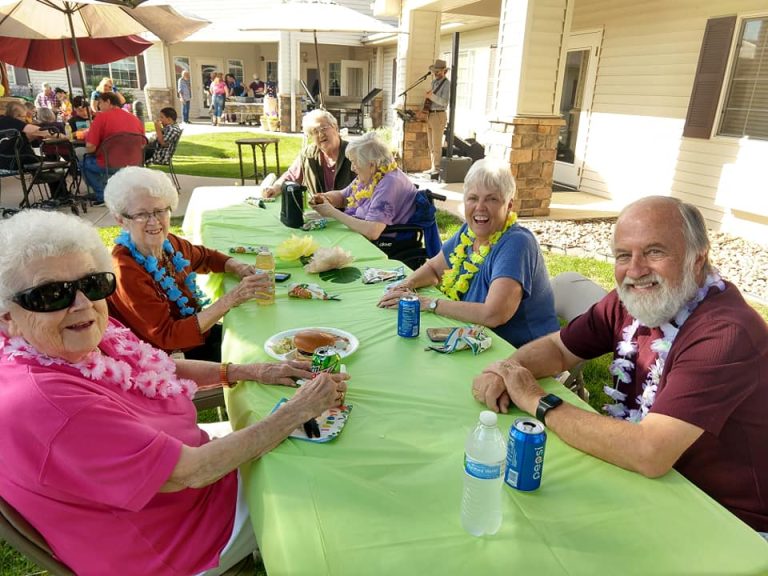 Socialization significantly improves mental health and may increase the feeling of belonging in a community. Assisted living communities typically offer daily opportunities for interaction with neighbors. Existing hobbies can be enjoyed, and new ones developed as residents meet others with similar interests. Movie nights, art workshops, games and volunteer opportunities are a few of the ways residents may engage socially.
Socialization significantly improves mental health and may increase the feeling of belonging in a community. Assisted living communities typically offer daily opportunities for interaction with neighbors. Existing hobbies can be enjoyed, and new ones developed as residents meet others with similar interests. Movie nights, art workshops, games and volunteer opportunities are a few of the ways residents may engage socially.
Many communities also offer transportation to surrounding areas for residents to shop, visit doctors, meet friends or enjoy a change of scenery. Getting out and about can improve the mental health of older adults as they stay connected to the world outside of the community.
Consider the Next Step for Your Loved Ones
If you’ve noticed signs that your loved one may need professional assistance with everyday tasks or is suffering due to loneliness, you may want to consider assisted living. An assisted living community can be a great next step that provides support where they need it most.
Low-income assisted living in Colorado is accessible for all families and may provide some of the same benefits. If you think this is the right step for your loved one, you can find more information about assisted living here.



